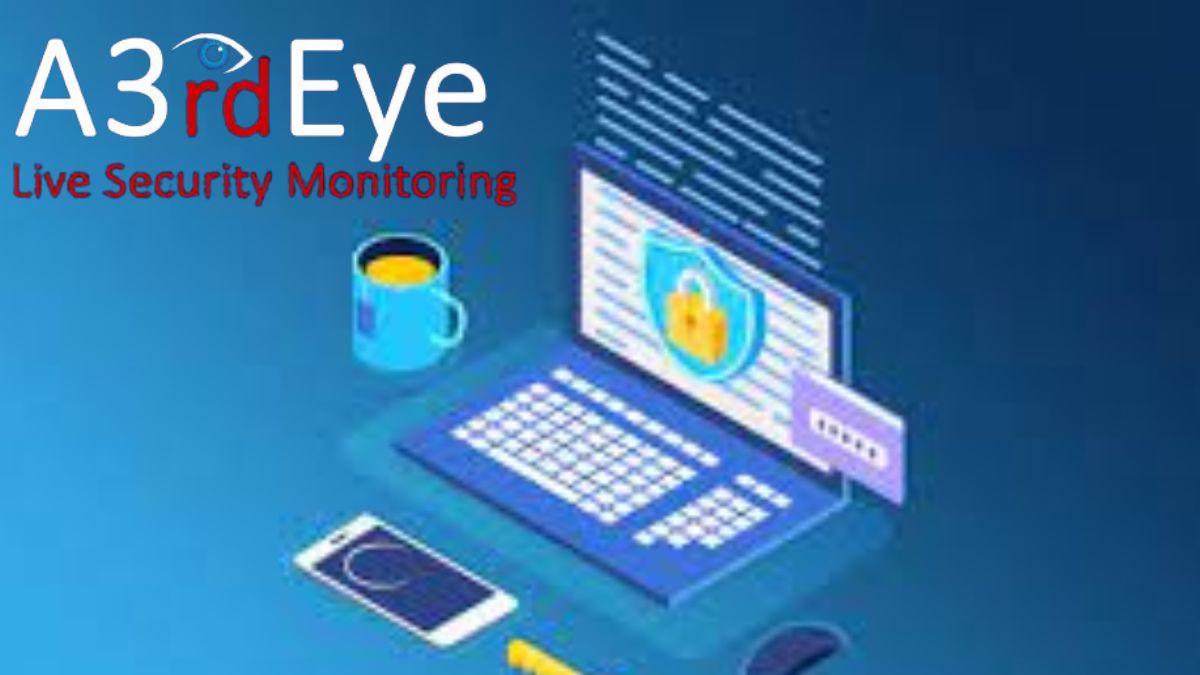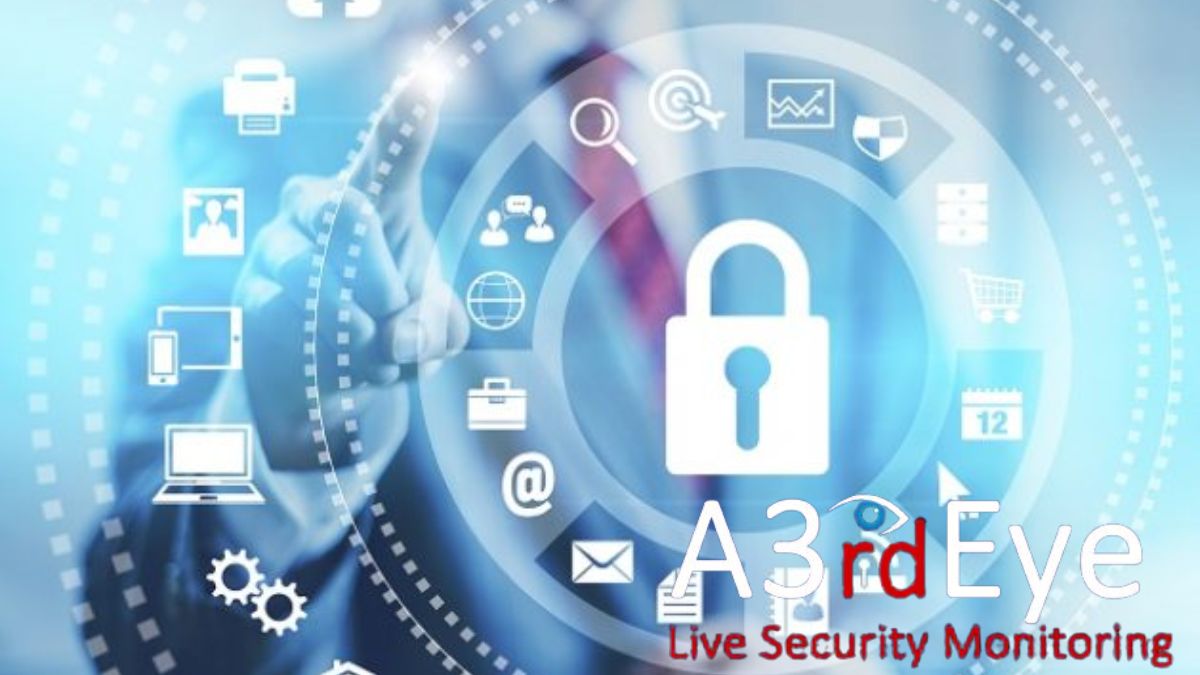
My Secure Practice: Ensuring Online Safety
My Secure Practice Ensuring Online Safety highly interconnected world is hard to overestimate. A lot of people’s lives, including their finances, their social lives, and their most private documents, are documented online, making it all the more important to take precautions against cyber dangers. Protection against identity theft, monetary loss, and disclosure of private information are all aided by secure online practices.
Common Online Threats
Individuals and companies alike must be vigilant against the many dangers lurking in the virtual ether. Several frequent ones are:
Malware is a term used to describe harmful software that is installed on computers for malicious purposes.
Phishing is an attempt to trick users into divulging confidential information via email or a fake website, such as login credentials or payment information.
Identity theft is the illegal exploitation of another person’s personal data for one’s own benefit.
Data breaches occur when hackers gain unauthorized access to a company’s database and steal or otherwise compromise important information.
Social engineering refers to the practice of influencing others to reveal private information or take specific behaviors.
Ransomware is a form of malicious software that encrypts a user’s data and then requests payment to decrypt it.
Creating Strong and Unique Passwords
Password strength and uniqueness are two of the most important aspects of internet safety. To help you generate secure passwords, consider the following:
Don’t use simple passwords like “password” or “123456,” as they can readily be guessed by hackers.
Use a wide variety of symbols: Create a strong password by using letters (including capital and lowercase), numbers, and special characters.
Make it drawn out: Use at least eight characters, but the more the better.
Don’t use anything that could be used to identify you, such as your real name, date of birth, or address.
It’s not a good idea to reuse passwords: Avoid having numerous accounts hacked because of a compromised password by using a different password for each one.
Think about utilizing a password manager: Strong passwords can be generated and stored by password managers, so there’s no need to memorize them.
Implementing Two-Factor Authentication
My Secure Practice Ensuring Online Safety With two-factor authentication (2FA), your online accounts are protected in more ways than one. Users need to submit a password and a one-time code sent to a trusted device in order to log in successfully. If you turn on two-factor authentication (2FA), even if a hacker gets ahold of your password, they still won’t be able to access your account without the secondary verification method. Email providers and social media sites are only two examples of the many online services that support 2FA.
Keeping Software and Devices Updated
For continued online safety, it is essential to keep all software and hardware up to date. Security patches are frequently released as part of software updates in order to close loopholes found in earlier versions. Hackers can abuse your system by taking advantage of these flaws. If your devices support it, set them to update automatically, and check for updates on a frequent basis to make sure you have the most recent security fixes.
Avoiding Phishing Attempts
One of the most prevalent tactics used by hackers, phishing attempts are designed to deceive victims into divulging personal information. Here are some preventative measures you may take against phishing:
Check the email sender’s address to make sure it’s legit. Emails from unknown or questionable addresses should be treated with suspicion.
Be wary of frantic pleas for help: The purpose of many phishing emails is to make the recipient feel as though they must act immediately. Think twice about sharing any personal information or clicking on any links.
To see the whole URL of a link before clicking it, simply move the mouse pointer over it. If the link seems dubious or takes you to an unfamiliar website, proceed with caution.
Don’t volunteer any private info: In general, reputable businesses won’t email you asking for personal details. Be wary of any email that seeks sensitive information like passwords, Social Security numbers, or bank account numbers.
Verify the safety of the website again. When entering personal information online, be sure the URL begins with “https” and the padlock icon appears.
Encrypting Data and Using Secure Connections
Encryption is a means of encoding data so that it may be read only by the intended recipients. Encrypting private information is an extra precaution that makes it difficult for hackers to read it even if they manage to intercept it. Furthermore, data transfer online is protected by encryption when using secure connections like HTTPS.
Utilizing Virtual Private Networks (VPNs)
With a Virtual Private Network (VPN), you can connect your device to the internet in a safe, encrypted manner. VPNs shield users from prying eyes online by diverting their traffic through a remote server. A virtual private network (VPN) can provide additional security when utilizing public Wi-Fi or when accessing sensitive information remotely.
Being Mindful of Social Engineering Techniques
Using psychological tricks, social engineers coerce targets into divulging sensitive information or taking unwanted acts. To avoid harm:
Think twice: If someone you know or think you know wants your personal information, you should be wary.
Examine inquiries: Verify the legitimacy of demands for private information or action by contacting the organization directly through its established methods.
Get some knowledge: Learn to recognize the signs of social engineering and always be on guard while communicating with others, whether online or in person.
Regularly Backing Up Data
There are several potential causes of data loss, including malfunctioning hardware, malicious software, or careless deletion. If you back up your data on a regular basis, you can restore it in the event of a data loss. Select a trusted backup destination, such as the cloud or external hard drives, then set up scheduled backups to prevent human error or forgetfulness.
Using Antivirus and Firewall Protection
Firewalls and antivirus programs are essential for blocking malicious code and intruders. Make sure your gadgets are protected by updated, reliable antivirus software. Hardware and software firewalls protect your devices by filtering out unwanted traffic and flagging any suspicious behavior.
Practicing Safe Browsing Habits
Having secure browsing habits is a major factor in maintaining online safety. Some fundamental rules to live by are as follows:
Be wary of files you download; stick to those from reputable sources and stay away from any websites that look questionable.
Wipe out browser history: To reduce the likelihood of sensitive data being exposed, it is recommended that you erase your browser’s cache, cookies, and browsing history on a regular basis.
Do not fill out forms automatically: Automatic form filling saves time, but it may reveal sensitive information if something goes wrong. Turn this function off or use it infrequently.
Securing Mobile Devices
Cybercriminals are increasingly focusing on mobile devices. Mobile device security can be achieved by:
Password-protect your electronic devices with care: Lock your phone down with a strong PIN, password, or biometric verification (such as fingerprint or facial recognition).
Allow for remote deletion: If your device is ever lost or stolen, you can prevent any illegal use by enabling remote wiping.
Download some safety software: Make use of reliable security software with functions like malware detection and remote tracking/erasing.
Protecting Personal Information on Social Media
For cybercriminals, social networking networks may be a veritable lode of private information. Keep your privacy by adhering to these rules:
Verify your personal data’s anonymity settings: You may regulate who can see your social media posts, profile, and images by adjusting your privacy settings.
Think before you post: Don’t broadcast personal information like your full date of birth, home address, phone number, or bank account on social media.
Be wary about accepting friend requests from strangers and keeping your personal information to yourself.
Educating Yourself and Others
Keeping up with the most recent best practices and new dangers in the realm of cyber security requires constant education. Keep abreast on developments in the field of cybersecurity by reading authoritative sources, attending webinars, and workshops. In order to make the internet a more secure place for everyone, it’s important to spread awareness and educate others around you.
Conclusion
The necessity of online security is growing as the globe becomes more interconnected. A person’s likelihood of becoming a victim of cybercrime can be drastically reduced if they embrace security best practices including using complex passwords, utilizing two-factor authentication, being on the lookout for phishing efforts, and keeping all of their software and hardware up to date. Data encryption, secure connections, and the usage of protective software like virtual private networks (VPNs), firewalls, and antivirus programs should all be standard practice. We can all have a more pleasant and secure time online if we take the time to educate ourselves and one another.
How frequently should I change my passwords?
Passwords should be changed at least every three to six months for best security.
If I create a strong password, can I use it for many accounts?
It’s not a good idea to reuse a password for more than one account. All accounts that share the same password are at risk if only one is compromised.
I think I’ve received a phishing email; what should I do?
Do not click on any links or supply any personal information in an email you suspect may be a phishing attempt. Delete the message and report it to the proper authorities.
What makes a website trustworthy?
Keep an eye out for the letters “https” and a lock icon in the address bar. These show that the website uses encryption to protect user data.
Can I trust free VPNs?
It’s possible that free VPNs won’t offer the same privacy and security that commercial VPN services do. Choose a VPN service provider with a solid reputation for keeping users’ data safe.

My Secure Practice Ensuring Online Safety

